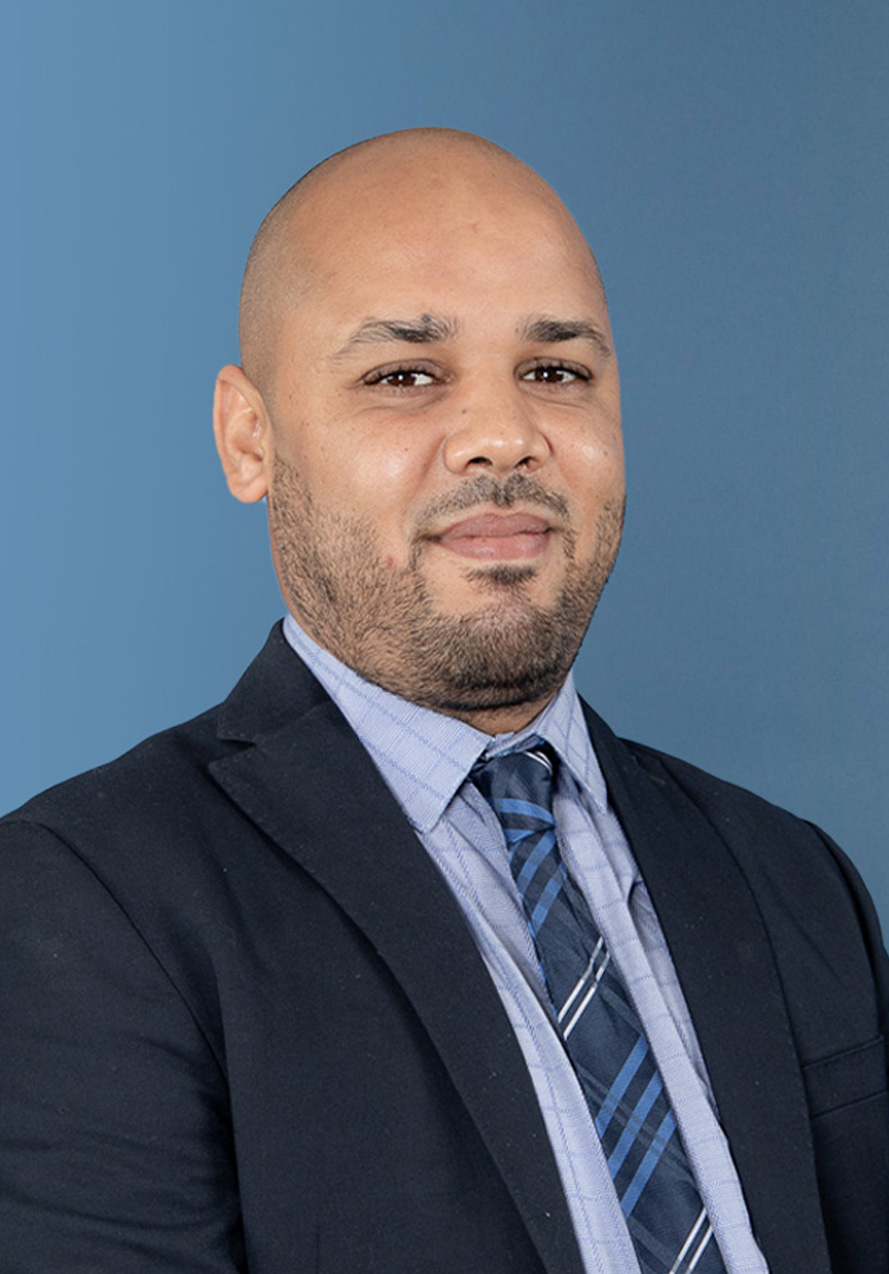كشفت دراسة نشرتها المنظمة الدولية للهجرة حول العاملات الموسميات بعد انتهاء مدة إقامتهن في إسبانيا والعودة إلى المغرب، أن أكثر من 83٪ من النساء يدعمن أسرة مالياً. وقد تم إجراء العديد من الدراسات حول هذا الموضوع، لتحليل الظروف المعيشية للمهاجرات الموسميات، سياقهجرتهن الدورية، أوضاعهن الاجتماعية، وكذا التغييرات التي طرأت على هؤلاء النساء بعد عودتهن.
في المغرب، تعود أنماط الهجرة الدائرية إلى الموجات الأولى نحو شمال غرب أوروبا وجنوبها في منتصف الثمانينيات. وبعد سنوات عديدة، بدأت أنماط الهجرة الدائرية الجديدة تتشكل منذ بدايات سنة 2000، خاصة تلك المتعلقة بالنساء المغربيات بشكل موسمي في إسبانيا. كيف نشأت هذه الأنماط الجديدة؟ وما نعنيه بالهجرة الدورية؟ ماذا تمثل الهجرة الدورية للعاملات الموسميات في مجموع الهجرة الاقتصادية وما هي دوافعها؟
وفقًا للدراسة التي أجرتها المنظمة الدولية للهجرة، يمكن أن تساهم الهجرة الدائرية في زيادة التمكين الاقتصادي للمستفيدات. حيث إنه ما يقرب من نصف العاملات الموسميات يتقاضون ما بين 1000 و1500 يورو شهريًا، و 95٪ راضيات عن رواتبهن. كما تعود غالبية العاملات الموسميات إلى المغرب بمبلغ 25000 درهم أو أكثر وتشعر 97٪ من المستفيدات بمزيد من الثقة وتحرر من وجهة نظر مهنية. ماذا تعكس هذه الأرقام في الواقع؟
أسئلة وأخرى سنحاول الإجابة عنها مع الطيب غازي، باحث أول في الاقتصاد، متخصص في ديناميات سوق الشغل بما فيها المتعلقة بالنوع الاجتماعي.











